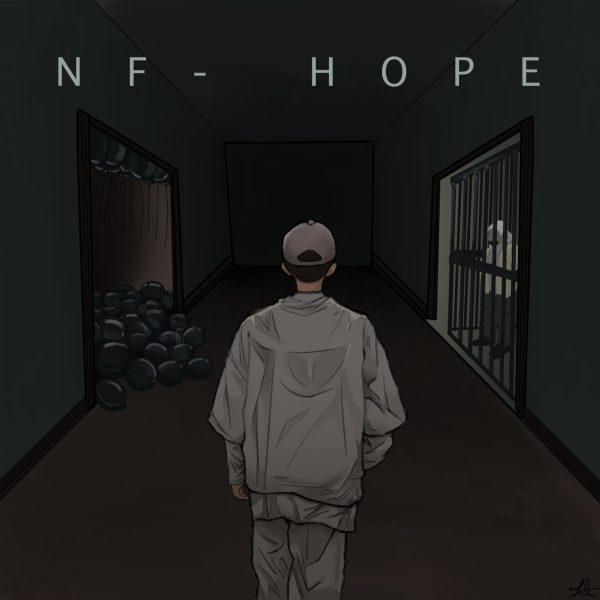To Kill a Mockingbird Banned
November 6, 2017
Literature, like other forms of expression, is often intended to provide commentary on life or provide insight to the ideals of others. Works of literary art like To Kill a Mockingbird serve as a record of history to a time where racism and bigotry and widely accepted and widespread in the United States. However, school districts like the Biloxi School District in Mississippi are beginning to remove the highly-esteemed novel from their required reading lists due to its uncomfortable language and controversial material.
Since its publication, To Kill a Mockingbird has been banned in multiple school districts; however, it was mainly due to the inappropriate sexual nature of the novel as it follows a black man wrongly accused of rape. In the case of the Biloxi School District, the novel was banned due to its uncomfortable language.
Despite being published in the 1960s, the novel is still relevant today. Thus, the novel should still serve as a necessity in teaching blossoming minds the cruel nature of the world.
While the school district claims that similar lessons in the novel can be taught through utilizing other unspecificed books perceived as more appropriate, the fact remains that To Kill a Mockingbird serves as a time machine to a time where prejudice was institutionalized. The book allows students to view the horrendous discrimination occurring through the eyes of the young protagonist.
Published in 1960 but set in rural 1930s America, Harper Lee’s To Kill a Mockingbird follows a young child named Scout as witnesses the unrelenting prejudice inflicted upon African Americans. As the novel progresses, Scout’s father teaches her to understand how prevalent racism is in their society and to look at others through a non-discriminatory lenses.
The raw and shocking language in Lee’s novel exemplifies the purpose of it — to portray the unfiltered cruel nature African Americans were forced to endure in the 1930s. The intent of the inappropriate language is to serve as a realistic view into what countless individuals lived through daily.
No other book can truly express the bigoted treatment African-Americans had to endure in 1930s America, which is why the novel has been continuously taught across the nation for decades since its publication.





Kelly Crespo • Nov 30, 2017 at 4:00 PM
Love this line, Ajla: “No other book can truly express the bigoted treatment African-Americans had to endure in 1930s America, which is why the novel has been continuously taught across the nation for decades since its publication.”
Well said and so true!